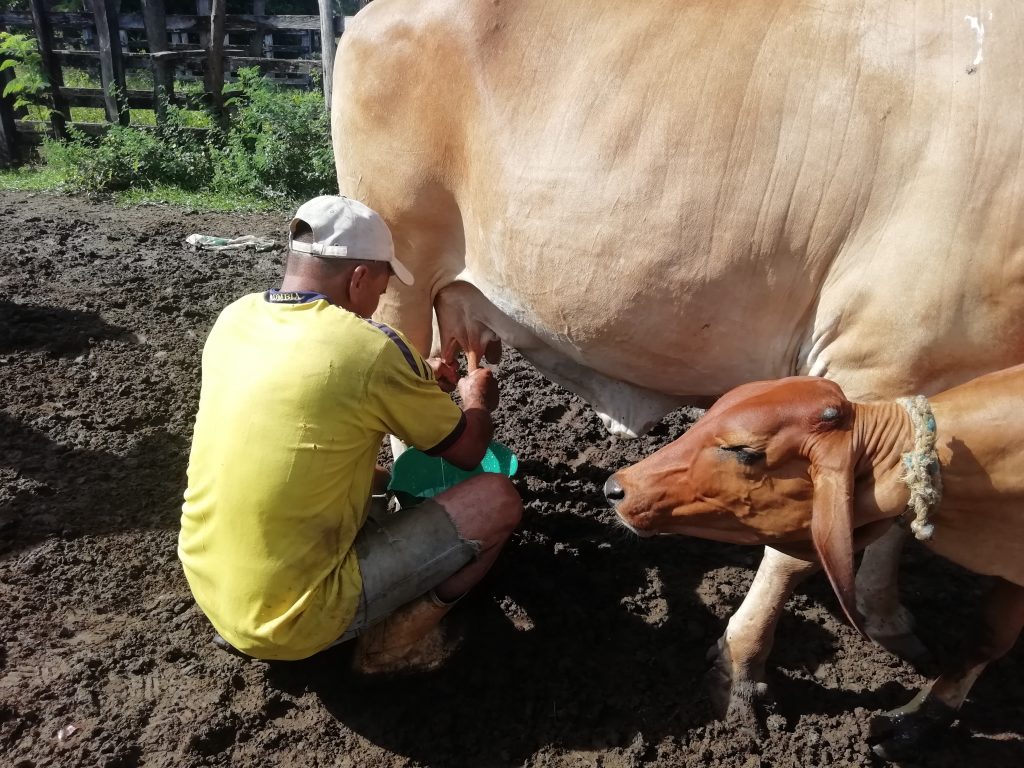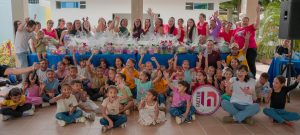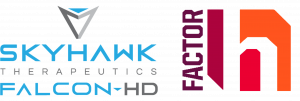Merriam-Webster Definition of Microfinance:
“Financial services especially in the form of microloans provided to impoverished individuals and groups in poor and developing regions.”
For Factor-H, microfinance is more than just a financial service. It is a tool to empower members of the disadvantaged HD communities, helping them become more resilient and financially independent.
Methodology
We will select, distribute, and implement interest-free loans to chosen beneficiaries who need loans to jump start and develop their businesses and contribute to their family’s income. Before beneficiaries receive a loan, our team of Project Coordinators and social agents will carefully select successful candidates.
This process is crucial for the long-term success of our microfinance lending program. We want to make sure that the financial help we provide makes a real difference in the community while we empower individuals. It’s important to choose the right entrepreneurs, who have a clear vision for their businesses, but need a loan to make it a reality. If it is an ongoing business, loans will be directed to help the beneficiaries expand or diversify their product offerings or services, so that they could increase their sales and income.
Selection process
We will conduct interviews with potential beneficiaries as part of the selection process. To be eligible for a loan, candidates must:
- Have a permanent address
- Have a phone number
- Be debt-free
- Have a basic knowledge and experience of the business they want to run
- Be in agreement with loan terms (such as loan reimbursement and until loan is fully paid, the equipment or livestock purchased with loan is on loan only).
- Be willing to sign an agreement
Business training
An interest-free loan is just a starting point. From there, we will also help entrepreneurs acquire the skills they need to be successful in the long term, by partnering with other institutions.
- Basic numeracy
- Marketing
- Bookkeeping
- Crafting business plans and strategies
Our team will ensure beneficiaries receive personalized advice or coaching in line with the needs of the individual beneficiaries.
New beneficiaries will have an initial training session before they sign their contract and receive their loan. They will receive a brief overview on how the loan and reimbursements work, and focus on basic training in bookkeeping, marketing, and savings.
Our Microfinance team will also interview each beneficiary halfway through the loan program to evaluate how their business is going. Depending on their results, we can then provide additional support and guidance if needed.
Loan Reimbursement
An important part of the program is the loan reimbursement. Our team will visit beneficiaries once a month to collect installments of the loan reimbursement. This process will encourage beneficiaries to manage their money properly, which they’re not always used to. Paying back the loan on time will also be taken into account if a beneficiary wants to apply for a second loan.
This process will also allow our Microfinance team to follow up on individual progress or difficulties throughout the program. They can be given additional support accordingly.
At the end of the loan period (typically 24 months), our Microfinance team will run a final evaluation to understand the impact that we had on their business. Based on this evaluation and the beneficiaries’ plans for the future, we will give them further guidance and support to make sure that their businesses keep growing.
Direct benefits for the beneficiaries
- It gives the beneficiaries better access to the working capital they need to invest in their business (or launch it) and increase their income.
- It’s a good alternative to traditional banking products. Unlike traditional banks and even some microfinance institutions, the micro loan is interest-free. It decreases the stress of defaulting on the loan and encourages small entrepreneurs to invest in their business.
- It encourages saving money. With a loan to reimburse, beneficiaries are more likely to manage their money more cautiously.
- It supports community development. When self-employed people of disadvantaged areas improve their businesses and income, it’s also positive for people around them. They will be able to spend more money within their community to provide for their family and participate more in the local economy. They will be examples for the rest of the HD community.
- Combined with the support and guidance they will receive, these benefits contribute to economic growth on a local level.
Donations for micro-entrepreneurs
We will also run initiatives to donate resources, such as a fridge or oven, access to the internet or similar lesser-value donations for micro-entrepreneurs, generally women-led, who currently participate in the informal economy (such as selling prepared foods).
Volunteers/interns
We will create a volunteers and interns program specifically for the microfinance project. Since every beneficiary has their own specialty, a different knowledge level, and a different need, it helps to have interns and volunteers from different backgrounds supporting them. Volunteers can sometimes help out beneficiaries on different tasks such as redecorating a store or creating promotional materials. They would be helping out and getting direct insight into the hard work and dedication that goes into running a business.

Our first micro loan was for a rural family, two years ago 
The newest micro loan enables our friend from Medellin to make shoes 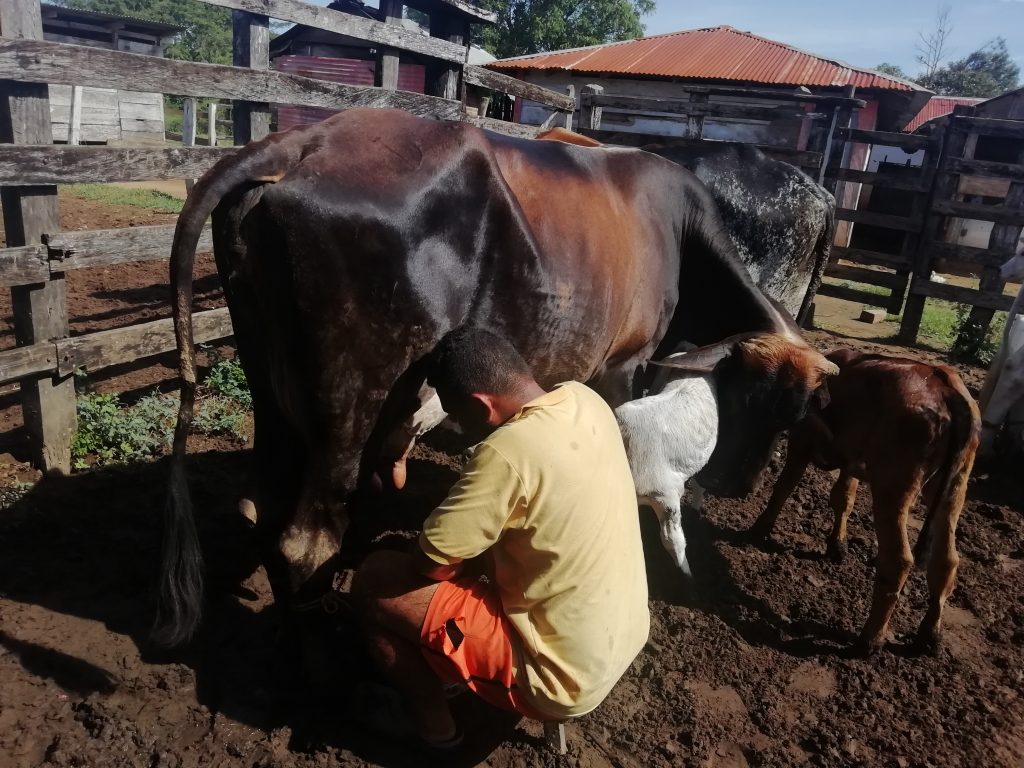

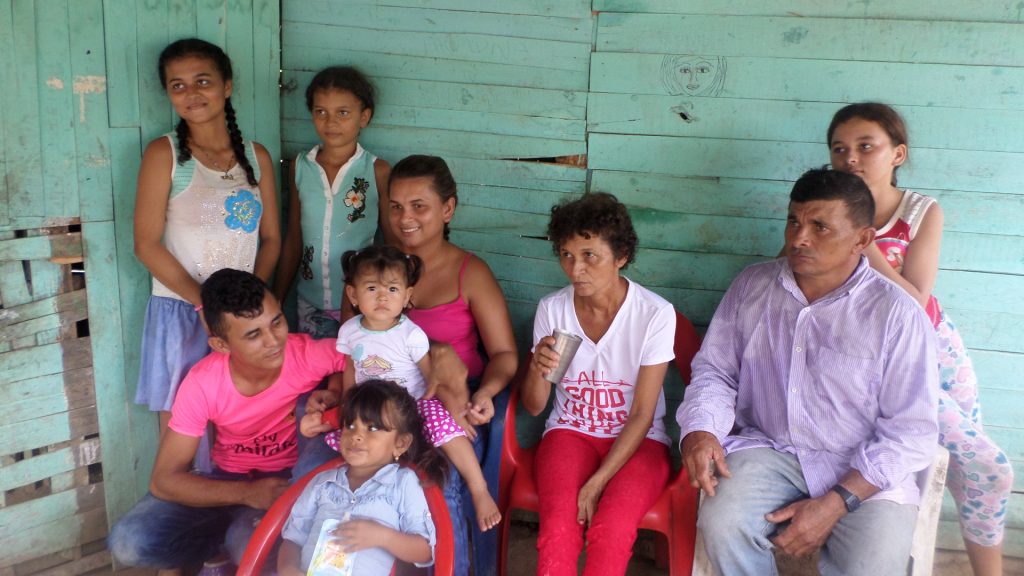
Family in San Angel 

